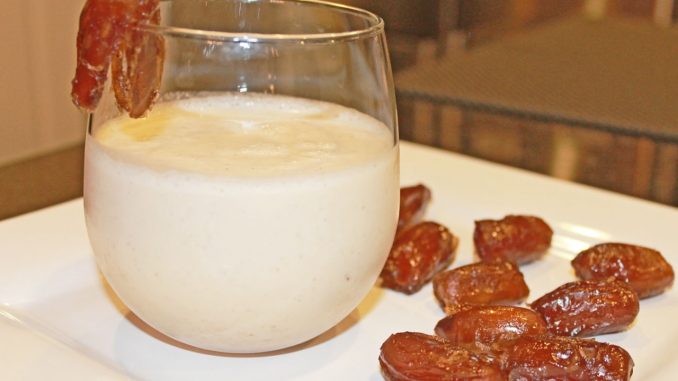
Health Care
The benefits of fasting transcend guiding the faster from idle talk and indecent acts. It is a sentinel against disease, provided the faster follows the strict dietary rule:
eat during fast breaking and avoiding over-eating. Allah (SWT) states:
“…Eat and drink, but waste not by excess, for Allah loves not wasters.”
(Al-Qur an, 7:31)
A great deal of ailments originate from #stomach indigestion.
This is why the Messenger of Allah (saas) says:
“The son of Adam will never fill a container with some-thing worse and evil than his stomach.
It will suffice him some morsels (food) that will keep him on his feet, oth-erwise, he should divide his stomach into three parts:
one third for his food, the other for his drink and the other third for his breath.” (Ibn Hibban)
This hadith indicates that the stomach is the origin of harmful bacteria.
Even in the age of sophisticated machines, you can hardly find a machine so fragile but yet so remarkably durable and efficient like the stomach.
This is the machine that receives food particles, processes and refines them, and distributes the products to different parts of the body. This is a lifelong opera-tion.
For the non-faster, the stomach will have no chance for rest. When the stomach is empty, as a result of fasting, it gets well-desired rest, to renew and rejuvenate its energy.
With the #fasting, the stomach is forced to go through a discharge whereby harmful residue are eliminated through perspiration as the body searches for food during fast.
During fast, the system of secretion is organized, and this in turn benefits the blood pressure, inhibiting hardening of the arteries.
The heart and kidney functions are enhanced as the work load tapers off. The fast helps to correct the problem of obesity and diabetes.
Doctors over the years have used fasting as a prescription for certain ailments.
There was a discussion between Ali Bin Husain bin Waquid (raa) and a Christian #physician to the Khalifah, Haroon Ar-Rasheed, about Islam’s outlook on the science of #medicine and health care.
The physician said to Ibn Waquid: “There is not in your Book, Al-Qur ^an, anything about medicine. For if Al-Qur ^an is a book of #science, what about this science?.
Aren’t there two kinds of sciences: the science of the body and the science of the soul?”
Ibn Waquid responded: ‘Allah, the Most High has combined both sciences in half of a verse, when He states:
“…Eat and drink but waste not by excess, for Al-lah loves not the wasters.”
(Al-Qur an, 7:31)
The physician said: “Why, then, has nothing been mentioned about medicine from the mouth of your Messenger?” Ibn Waquid replied:
“Our Messenger (saas), has combined the sci-ences about medicine in a few words when he says:
“The stomach is the house for disease and prevention is the essence of medicine.”
The Christian physician then said: “Then your book, Al-Qur ‘an, and your Prophet Muhammad left nothing about medi-cine for Jalienas (a famous physician of the ancients).” (Ar-kanul Arba’ah by Abul Hasan Nadwi)
An American physician published a report on fasting and its benefits saying:
“It is mandatory on every person who is sick to restrain from #food certain days in a year whether he be wealthy or poor because if bacteria can find food in abundance in the body, it will grow and multiply.
But with fasting it becomes weak.”
He then praised Islam. It should be considered as the wisest religion, for as it mandated fasting it has mandated health care.
He continued:
“Indeed, Muhammad, who brought this religion, was the best physician who succeeded in his teachings,
for he called for prevention before ailment, that is apparent in fasting and the nightly prayer (Taraweeh) that Muslims observe after fast breaking every day of Ramadan,
for these physical acts contain big benefits in digesting food.” (Arkanul Arba’ah by Abul Hasan Nadwi)



